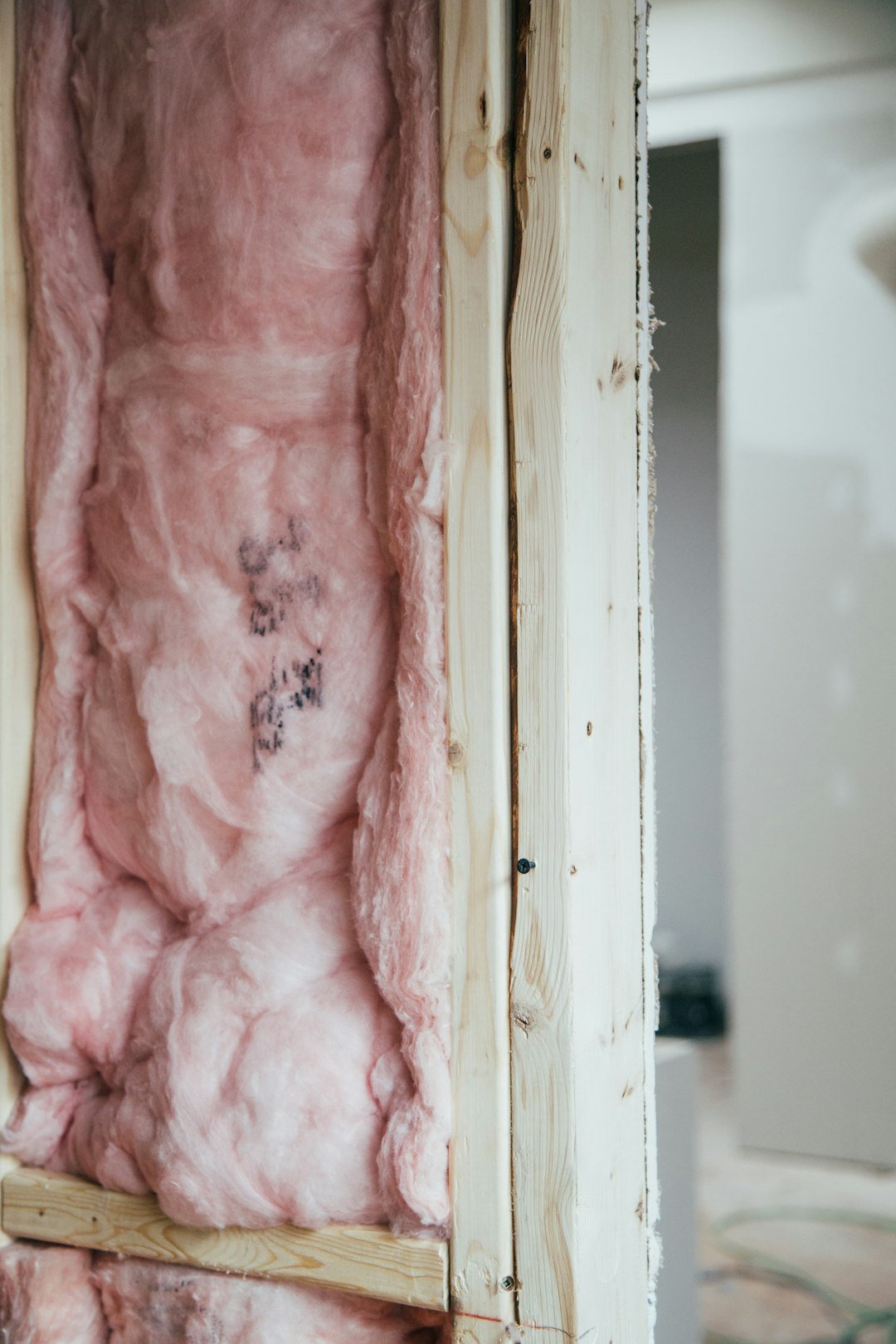How often do you think about the clothes you wear? Do you consider where they come from and how they were made? Choosing ethical clothing can make a difference in the world, and it’s important to understand why.
Ethical clothing means clothes that were produced in an ethical manner, meaning the environment and people were not exploited during production. It addresses the issues of child labor, slavery, and unfair wages, and it promotes sustainability.
Fast fashion is the reason why ethical clothing has become necessary. Fast fashion describes the business model of producing inexpensive, low-quality clothing that people wear for a short time before it falls apart or goes out of style. It’s not sustainable, and it harms both workers and the environment.
Workers in countries like Bangladesh and India are paid very low wages and often forced to work under harsh conditions to produce cheap clothing for fast fashion retailers. They work long hours in unsafe factories and have little to no rights. By choosing ethical clothing, we can help put an end to these unethical practices.
Aside from promoting fair labor, ethical clothing can also be environmentally sustainable. Textile production and dyeing are extremely resource-intensive processes that consume massive amounts of water and energy. It also contributes to greenhouse gas emissions and pollution. By choosing clothes made from sustainable materials such as organic cotton or recycled polyester, it can reduce the environmental impact.
Choosing ethical clothing may be more expensive, but it’s a worthwhile investment. Not only are you supporting sustainable practices and fair labor, but you’re also purchasing clothes that will last longer. Ethically made clothes are usually made of higher-quality materials and constructed with care, ensuring that they’re built to last.
Knowing where your clothes come from is crucial to being an ethical consumer. It’s important to research brands and read labels to find out where and how they were made. Some brands have started to prioritize ethically sourced materials and fair labor practices, and it’s essential to support these companies.
There are also organizations that certify ethical clothing. Fairtrade International, for example, is an organization that certifies clothing made with fair labor practices. The Global Organic Textile Standard GOTS certifies organic clothing that meets certain environmental and social criteria.
Choosing ethical clothing is a small but meaningful step towards a more sustainable and fair world. It can be tempting to buy cheap, trendy clothes, but it’s important to understand the cost of fast fashion. By investing in ethical clothing, we can make a difference in the world and promote a positive change for the future.
The fashion industry has a long way to go in terms of ethical clothing production, but by choosing ethical clothing, we can all contribute to positive change. Making ethical clothing choices not only benefits the environment but also protects vulnerable workers from exploitation. As consumers, we have the power to demand more ethical and sustainable practices from clothing brands. Let’s use it.










